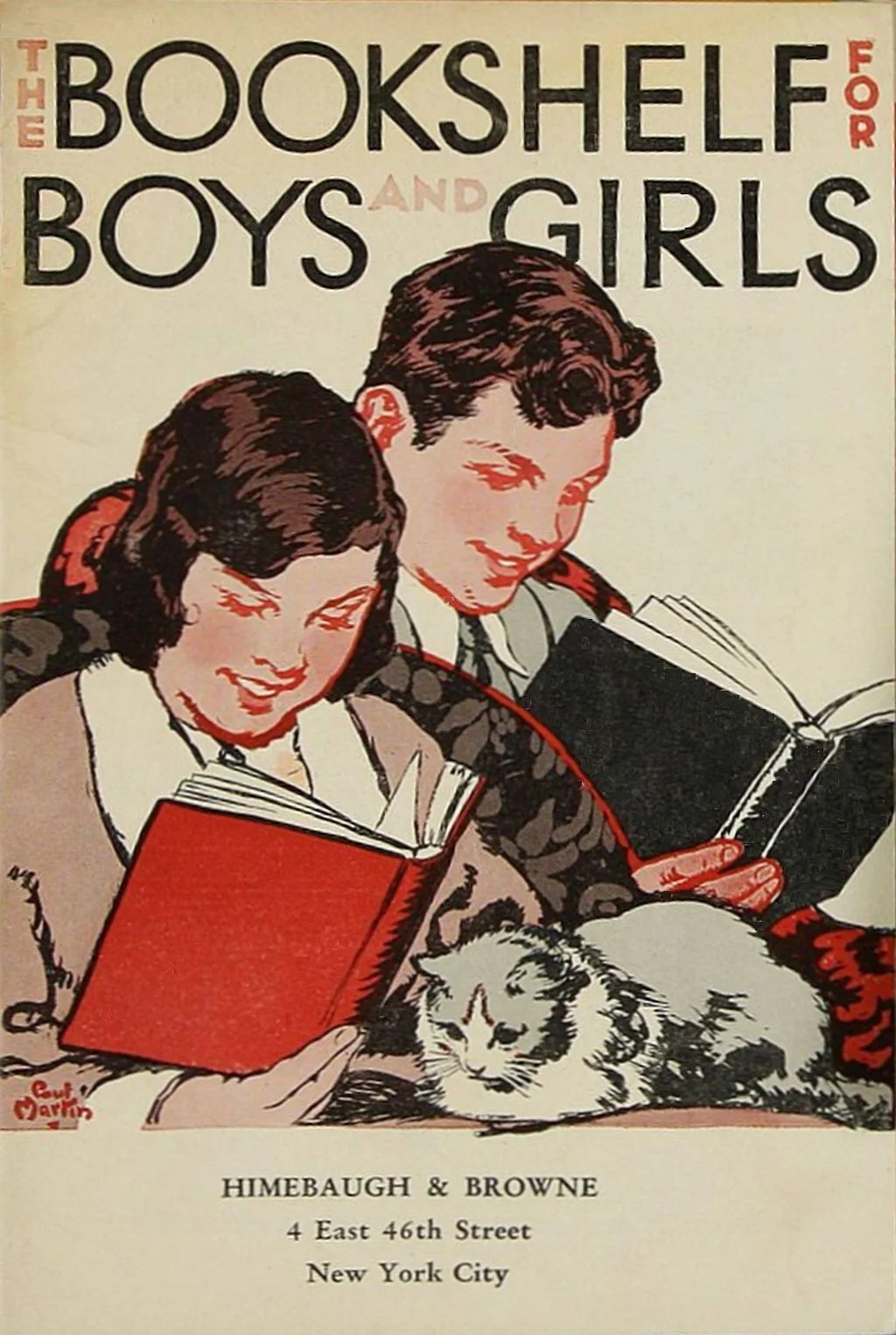A book only a pedant could love
During the middle years of Lebanon’s civil war a certain university convened a faculty party. When work had been discharged, drinks were imbibed, gossip was peddled, and scholars who had endured years of armed conflict on top of the routine grievances of academia were treated to something of a reprieve. All, that is, with the exception of a particular religious scholar. This trepidatious cleric wilted in the face of vulgar socializing. At length, however, he found himself drawn into conversation, where his ill-fated attempt at small talk began with a discourse on disputed short vowels in the text of the Qur’an.[1]
Philologists have a reputation for pedantry. Especially bad are Arabists, and none among them are worse than Classical Arabists, whose literary sandbox is defined by obscure usages, catalogues of obscure flora, and vestigial characteristics like chains of transmission (e.g. “Abū al-Naḍar al-ʿqīlī told me ʿAbdallah bin Ahmād bin Ḥamdūn al-Nadīm told him that Abī Bakar al-ʿAjli told him about a group of Quraysh sheikhs from among the inhabitants of Medina, who said …”).[2]
It is little wonder, then, that Bonebakker saved his most effulgent praise[3] for a book of grammar.
““… the Adminiculum of Ullmann … is a small but precious collection of examples illustrating difficult points of grammar. At a more advanced stage, no Arabist should, after a visit to his bookseller, return home without it.””
Bonebakker was a Dutchman who taught Classical Arabic in Italy, but his endorsement of a German grammar is more logical than the the hopelessly tangled geography may at first suggest. Into the twentieth century academics writing in German à la Hans Wehr were among the leading scholars of Arabic studies and what was until more recently known as Orientalism. (Putting aside the problematic nature of area studies in general, it’s not clear the neologism “Middle East studies” resolves any of the issues that haunt Orientalism as a term, a concept, or a profession — one that often was and is linked to unfavorable power relations, exploitation, and unequal access to the means of ideation and representation. “Orientalism” as a term has gone, and to a large degree so too has German primacy in the field, but the issues that dogged both remain.)
In any case, it is fortunate that Ullmann’s Adminiculum has been made available to a wider audience through an updated 1995 version that includes glosses in Modern Standard Arabic in addition to German of the original. As of this writing the text is listed on Amazon for $10,859.30.
Booksellers have a habit of keeping tomes like that on a high shelf, well out of reach for anyone in the academy. Quelle dommage. It’s the kind of book only an academic could love.
Creative Commons



